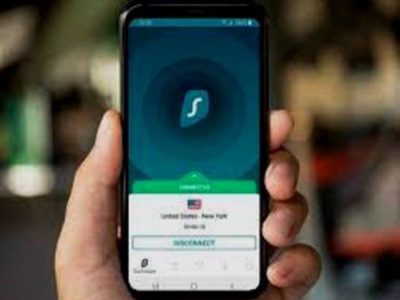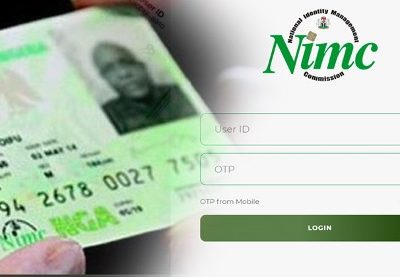The Nigerian government is focusing on making the country a hub for talent and innovation, Director General, National Information Technology Development Agency (NITDA), Kashifu Inuwa Abdullahi said this at the closing ceremony of a recent five-day digital literacy training for Mainstream Rural Women/Gender Techpreneurship and provision of IT tools for 60 participants organised by the agency in Oyo town, Oyo state.
RELATED: In Ibadan, NITDA stresses value of collaboration to bridge digital divide
Abdullahi described the training as a means of “empowering the youths and stimulating creativity in improving studious skills of our young people so that they can play their critical roles in the digital economy space” even as he urged participants to utilise the knowledge offered them to build a career and a new future for themselves in the digital economy.

Training for Mainstream Rural Women and Gender Techpreneurship in Oyo town
“We also hope that all that you have learnt today will not stop here but you will become an advocate of the digital economy programmes by reaching out to your own people and teaching them what you have learnt,” said Abdullahi who was represented by the Acting. Director, Corporate Planning and Strategy, Dr. Aristotle Onumo.
The NITDA boss stressed the importance of creating a supportive environment to maximize the benefits of the digital economy for individuals and communities, including the agency’s beneficiaries.
The facilitator of the training and Chairman, House Committee on Communications, Honourable Prince Akeem Adeniyi Adeyemi commended the efforts of the agency and its supervisory ministry, the Ministry of Communications and Digital Economy for ensuring that digital literacy is penetrating every nook and cranny of the country.
“NITDA has been living to expectation by ensuring that the economy of this country is being driven not only by oil but by ICT,” said Adeyemi while he advised youths to utilise the training to ensure that the community also benefit from it.
“We shall not rest on our oars until critical mass of our youth benefitted from the digital literacy,” he added.
The participants were all given laptops, internet dongles and cash to help them start off their micro enterprises.































